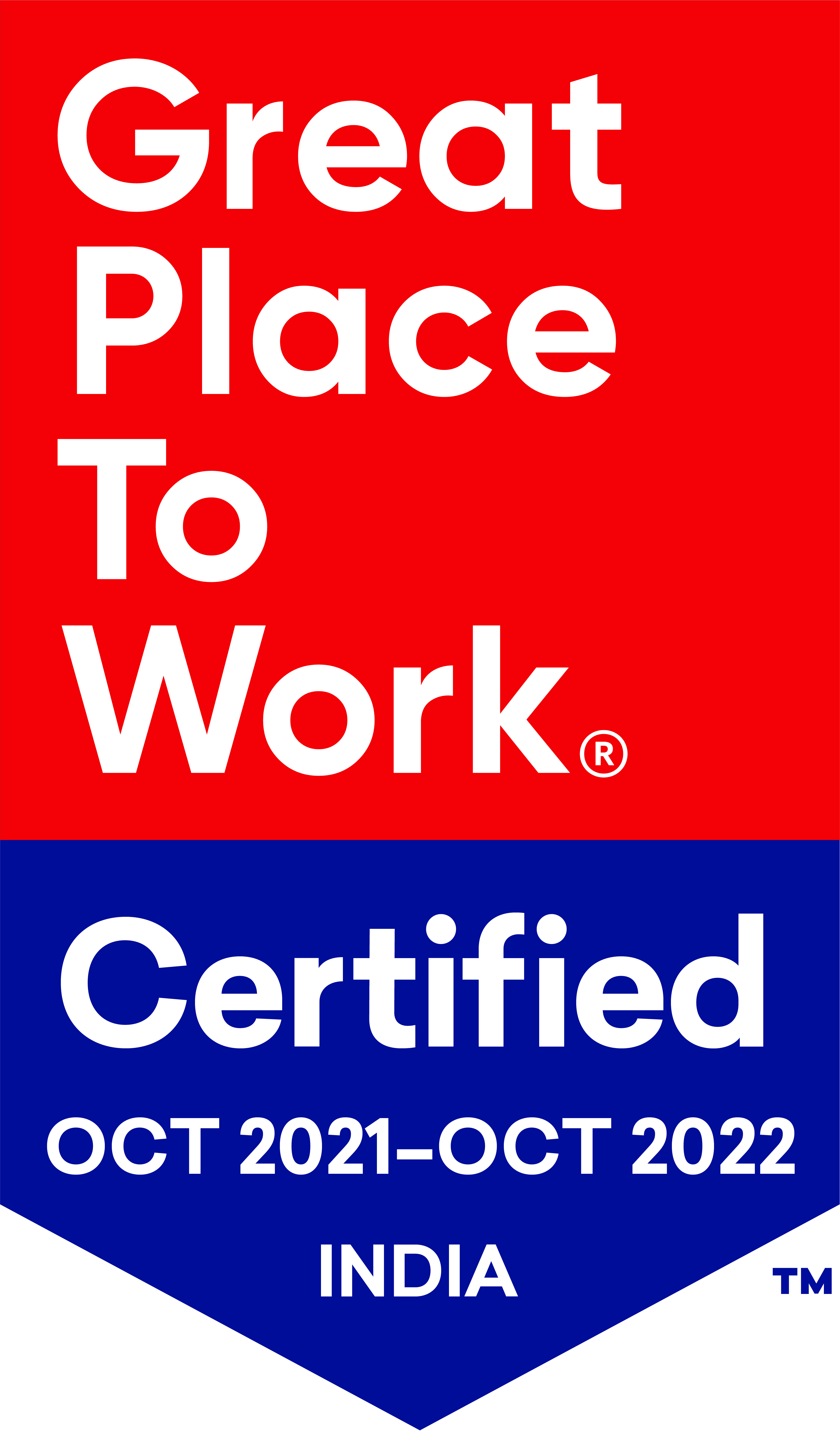How Integration Responds to the SRHR Needs of PLHIV
 People living with HIV (PLHIV) have the same sexual and reproductive rights as anyone else – such as the right to choose who to have sex with and to have sexual relations free from violence. They also share many of the same needs for sexual and reproductive health and rights (SRHR) information, support, commodities and services – such as advice about family planning.
People living with HIV (PLHIV) have the same sexual and reproductive rights as anyone else – such as the right to choose who to have sex with and to have sexual relations free from violence. They also share many of the same needs for sexual and reproductive health and rights (SRHR) information, support, commodities and services – such as advice about family planning.
However, due to many factors, PLHIV often experience greater vulnerability to SRH related ill health than other community members. They may experience specific or more complex SRHR needs; additional or stronger barriers to accessing SRHR services; and weaker capacity or opportunities to demand SRHR services. These factors are further affected – sometimes complicated – by the differences between individual PLHIV, such as in terms of their gender, age, legal status and whether they use drugs or are involved in sex work.
As a result, PLHIV often have significant unmet needs for SRHR. These can ‘fall through the net’ of both: HIV services (often designed to address specific risk behaviors rather than the ‘whole person’); and SRHR services (often designed for the general public and focused on mainstream services, such as family planning).
This brief specifically focuses on the importance, but also challenges, of HIV/SRHR integration for people living with HIV (PLHIV). It is based on the experiences of a growing number of groups working with such communities to put integration into practice in a range of setting. These groups include MAMTA and the India HIV/AIDS Alliance in India; TASO in Uganda; RHAC in Cambodia; and POZ in Haiti. The work of these groups offers important insights into ‘what works’. But they also highlight that everyone is still learning and questions remain about what constitutes good practice.
The issue brief promotes integration as a desirable goal in the long-term. However, it also emphasizes that organizations must work in a way and at pace that is appropriate and feasible for them – to ensure that the joining of HIV and SRHR services and systems enhances, rather than compromises, support for PLHIV.
This review was commissioned by the India HIV/AIDS Alliance with support from the European Union under the Action Project and explores experiences and lessons from around the world including Asia and the Pacific. This issue brief is part of a series of materials resulting from a review of good practice in the integration of HIV and sexual and reproductive health and rights for key populations.
______________
Alliance India works closely with PLHIV in India through its Koshish project which aims to strengthened civil society organizations and networks that represent and work with PLHIV and other marginalized groups, such as MSM, transgenders, sex workers and IDUs, to effectively advocate for policies to improve the sexual and reproductive health and rights of PLHIV in India. This project is funded by the European Commison and is implemented in partnership with MAMTA, PWDS, VMM and CHETNA, along with state-level networks for PLHIV in Maharashtra, Tamil Nadu, Andhra Pradesh and Gujarat.
Other Recent Articles
- The COVID-19 pandemic through a transgender person’s lens 20 May, 2021
- The first-ever National Transgender Summit reaffirmed the rights of the transgender community 16 April, 2021
- Our Reflection on World Health Day 2021 7 April, 2021
- Vihaan Care and Support Programme Review Meeting 6 April, 2021
- Never too late to save one more life 25 March, 2021
- Ensuring ART adherence among the discordant couple 12 January, 2021
- Providing counselling and support to decrease loss-to-follow-up among PLHIV receiving ART 29 December, 2020
- Human Rights & Faith for People Who Use Drugs in Times of Pandemic 21 December, 2020
- Walking the talk: Making services community-led in India’s HIV response 21 December, 2020
- Press Release: The Launch of Faith For Harm Reduction Manual 19 December, 2020
- Made by Nicdark - Copyright 2020
- donations@ong.com
- volunteers@ong.com
- contact@ong.com
India HIV/AIDS Alliance
A not-for-profit Section 8 Company with Registration No: U85310DL1999NPL098570
Contact
-
6, Community Centre
Zamrudpur Kailash Colony Extension
New Delhi – 110048 - +91-11-4536-7700
Download
Quick links
©2021 All Rights Reserved by Alliance India




Leave a Reply